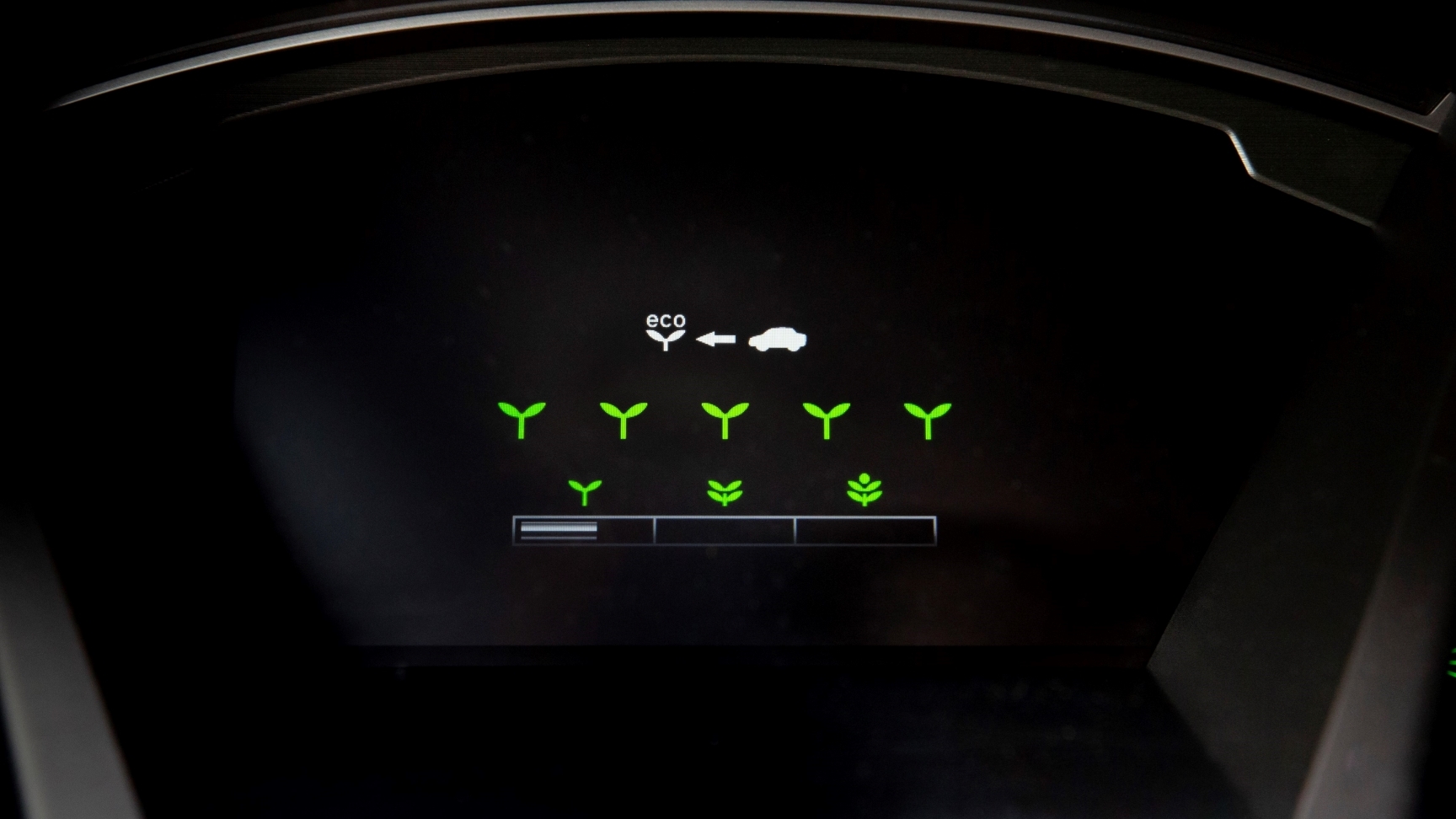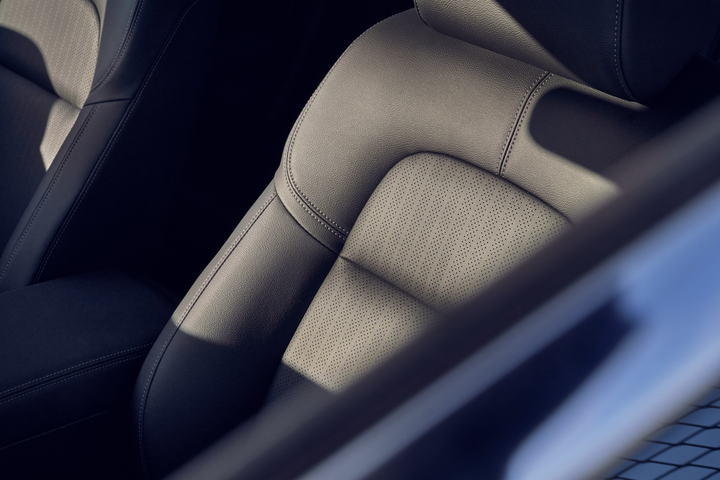
The pros and cons of hybrid cars
There are many advantages of driving a hybrid car when compared to a petrol or diesel car, so it’s no surprise that their popularity has grown massively in recent years. Hybrid owners enjoy better fuel economy, helping them save money, and can see their driving has less impact on the environment.
However, while there are plenty of advantages to driving a hybrid, it’s important to consider whether it’s the right move for you. Hybrids may not suit everyone’s lifestyle. On this page, we explore the pros and cons of hybrids to help you make a more informed decision.
Improved fuel economy
Hybrids use two power sources. By sharing the load with an electric motor, the engine in a hybrid car uses less fuel to run than a traditional car.
This means a full tank will go further, lowering your running costs. For example, the Honda HR-V hybrid can travel up to 459 miles on its 40L full tank*.
*HR-V WLTP data.
Learn more about full hybrids

Lower emissions
The big advantage of hybrid cars to the environment is that they produce lower emissions than a regular fuel powered vehicle. Carbon dioxide and other greenhouse gases, including methane and nitrous oxide, are emitted on a far greater scale from the exhausts of traditional cars.
Test results vary, but the average petrol or diesel car emits between 39 and 41 tonnes of CO2 in its lifetime. Hybrids typically emit approximately 33 tonnes.
Less reliance on charging points
You won’t need to be concerned with finding a charging station before your car runs out of power if you are driving a hybrid. A self-charging full hybrid will charge itself as you drive, whereas a plug-in hybrid will switch to using the engine power until you can plug in.
Hybrid cars also use a clever process called regenerative braking to charge the battery, recycling energy created while braking to partially recharge the battery.
Dual advantages of electric and petrol power
Hybrid cars offer a great combination of petrol and electric benefits. Electric power provides quiet, zero-emission running at city speeds. While at higher speeds and on longer journeys, hybrids utilise the power of a traditional petrol engine alongside the electric motor, meaning they can be quickly refuelled at a petrol station without waiting for the car to charge.
Less maintenance required
As hybrids use electric power at slower speeds, there’s less wear and tear on the engine, which means they may need less maintenance than conventional cars.
The brakes last longer, too. They don’t have to work as hard because the regenerative braking system helps to slow the car down gradually.
Less horsepower
While most drivers choose a hybrid for its fuel economy and emissions, one disadvantage of hybrids is that they may not possess the same overall horsepower as a traditional car. Because power is shared between a smaller engine and the electric battery in a hybrid, it means some hybrids pack less of a punch and offer lower acceleration than petrol or diesel equivalents.
More expensive to buy
Hybrid cars may be cheaper to run, thanks to their improved fuel economy, but they are also more expensive to buy initially. Due to the complex nature of their powertrain and advanced technology, hybrid prices are typically higher than comparative petrol or diesel cars.
Second-hand buyers may also find this to be true, thanks to the fact that hybrids hold their value better after they leave the dealership.
Maintenance costs
Generally speaking, hybrids shouldn’t cost more to maintain than the average car. However, specialist mechanics with hybrid experience can often be harder to find, which can make them more expensive. At Honda, our service costs don’t change from vehicle to vehicle and we continue to grow our team of expert mechanics across Europe.
Hybrid batteries can also cost more to replace than a standard car battery. However, you shouldn’t need to replace these too often, as most manufacturers generally offer five years, or 100,000 km warranty on them.

Should I buy a hybrid car?
If you’re not ready to commit to a fully-electric car, a hybrid is the perfect compromise. It offers you lots of the advantages of electric power, without the need to change how you drive or worry about finding a charging point.
While some hybrids cars may not deliver the same performance as a traditional car, Honda’s e:HEV hybrid technology delivers a responsive drive while delivering greater fuel economy and lower emissions.
Find out more about hybrid cars:
Similar life expectancy
There’s a lot of debate about whether hybrid cars last longer than traditional petrol or diesel cars. So far, there’s no solid research to suggest this and the life expectancy of a vehicle largely depends on whether you properly maintain, service, and look after it.
Increased charging capability
Yes, a big advantage of self-charging hybrids is that the engine charges the battery as you drive. They can also recycle the energy from braking to charge the electric battery. This is called regenerative braking. It means drivers can rely less on finding a charging point while out and about.
Maintain regular use
Generally, batteries need to be used regularly to retain their charge, so hybrid cars shouldn’t be left to sit for too long. If you don’t drive your car for longer than four or five months, the battery might start to deplete or lose its efficiency. However, this will vary depending on the manufacturer and age or health of the battery.


.png/jcr:content/renditions/c4.png)
.jpg/_jcr_content/renditions/c4.jpg)




.jpg/jcr:content/renditions/c4.jpg)